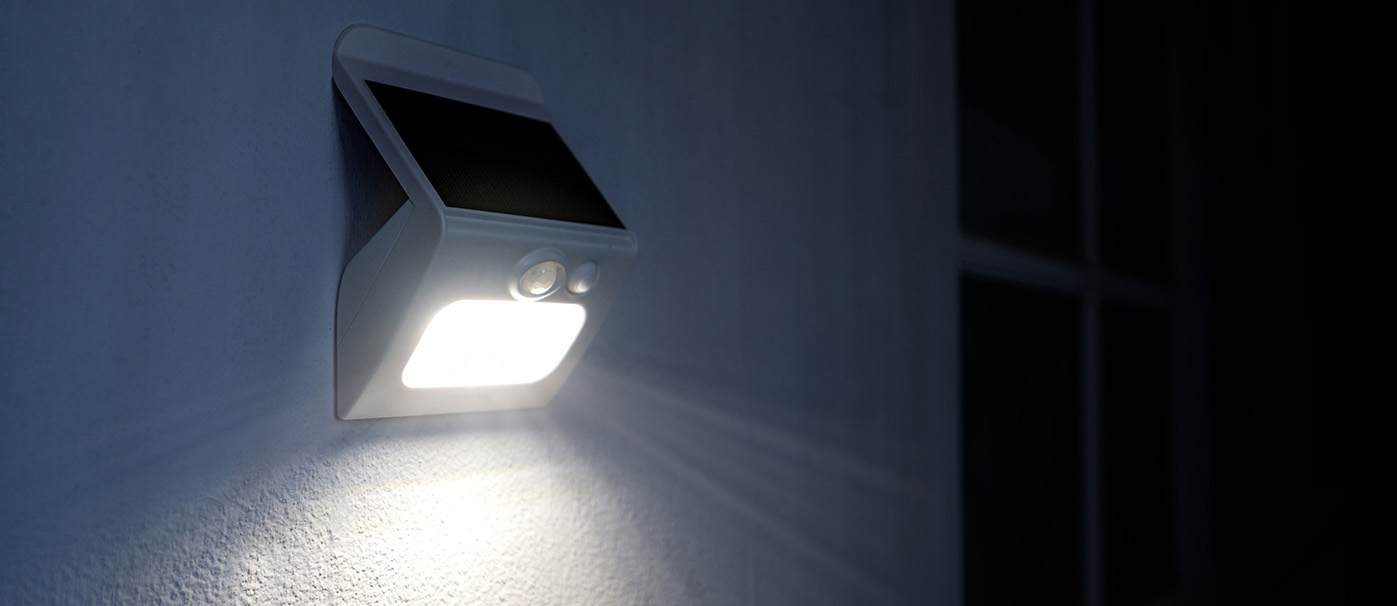How bright the security light?
How do you perfect your security lighting without disturbing the neighbourhood? Your questions are answered in this Q&A with John Papadatos, Business Manager at Repelec Australia.
Q: What is the optimum lumens in outdoor security lighting?
In a commercial or new residential installation, we typically need to achieve a minimum lux level to meet the relevant Australian standard, whereas in an existing residential installation, the amount of light required comes back to the end user’s preference. They do however still need to meet AS4282:2019 (control of the obtrusive effects of outdoor lighting). The rule of thumb that we use is 1000 lumens for a small area, 2000 lumens for a mid-size area, and if it’s a larger back yard, 4000 lumens.
Q: How do you go about minimising light pollution?
As a lighting engineer, one of the biggest challenges is to maintain a good uniformity of light while keeping running costs and light pollution to a minimum.
This can be achieved in various ways using motion sensors, dimmers and timers to adjust the levels to the required values. More recently, we have offered security lighting with stand-by light function sensors. This allows the light to work at 100% in its sensor mode at the pre-set run time. It then drops to a lower light level, still giving you some security light.
Q: What do you do if your neighbour’s lights are disturbing you?
Residents do have rights with respect to excessive light.
Light pollution from neighbours is becoming an increasing problem in urban areas, not only affecting the health of humans but also that of flora and fauna.
First, try speaking with your neighbour, as they may not be aware of the impact their lights are having. If that doesn’t work, you can lodge a complaint via your local Environment Protection Authority (EPA). The EPA may investigate, issue warning letters or impose a fine.





Comments (0)
Write a Comment